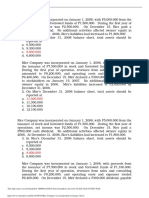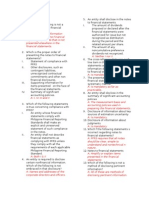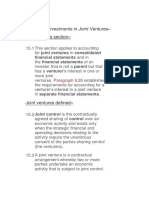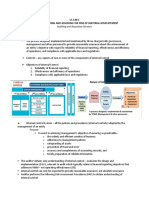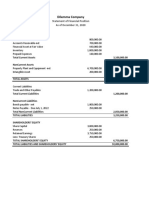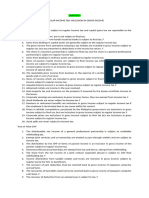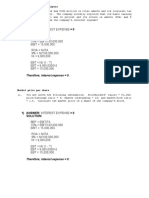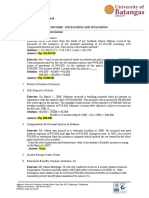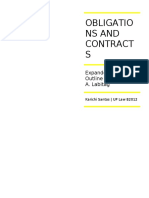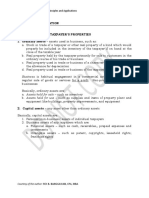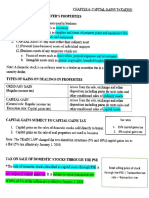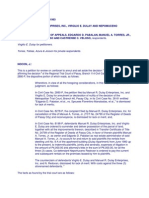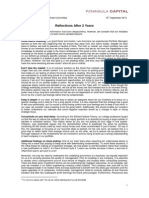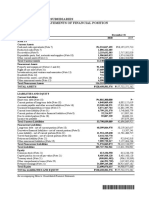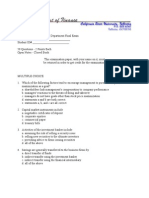0% found this document useful (0 votes)
225 views6 pagesCH 6 Capital Gains Tax
This document summarizes the Philippine taxation of capital gains. It defines ordinary assets as those used in a taxpayer's business like inventory or property held for sale. Capital assets are all other assets, including personal and investment assets. Real estate properties are classified based on the taxpayer's usage and business. Capital gains on the direct sale of domestic stocks and sale of real property not used in business are subject to capital gains tax rates of 15% and 6%, respectively. All other capital gains are subject to regular income tax.
Uploaded by
Aaliyah Christine GuarinCopyright
© © All Rights Reserved
We take content rights seriously. If you suspect this is your content, claim it here.
Available Formats
Download as PDF, TXT or read online on Scribd
0% found this document useful (0 votes)
225 views6 pagesCH 6 Capital Gains Tax
This document summarizes the Philippine taxation of capital gains. It defines ordinary assets as those used in a taxpayer's business like inventory or property held for sale. Capital assets are all other assets, including personal and investment assets. Real estate properties are classified based on the taxpayer's usage and business. Capital gains on the direct sale of domestic stocks and sale of real property not used in business are subject to capital gains tax rates of 15% and 6%, respectively. All other capital gains are subject to regular income tax.
Uploaded by
Aaliyah Christine GuarinCopyright
© © All Rights Reserved
We take content rights seriously. If you suspect this is your content, claim it here.
Available Formats
Download as PDF, TXT or read online on Scribd
/ 6





